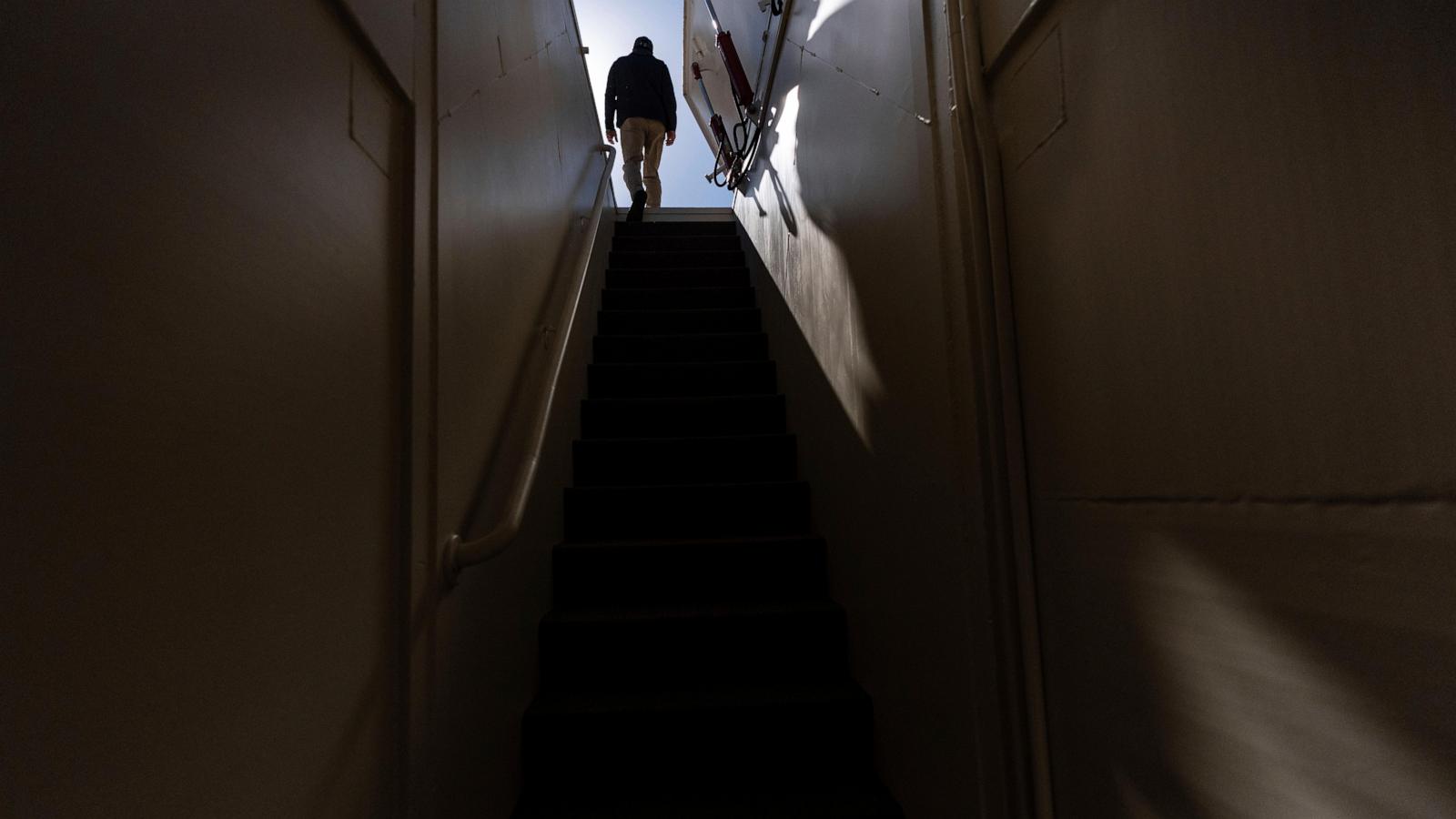Are you prepared for the unthinkable? Nuclear threats are on the rise, sending shockwaves around the globe and prompting a surge in the demand for private bunkers. But is this the right approach, or are we falling for a dangerous illusion of safety? Let's delve into the escalating debate surrounding nuclear bunkers, the rising threat of nuclear war, and the crucial need to address the root cause of this global anxiety.
The Booming Bunker Business: A Multi-Million Dollar Market
The market for private fallout shelters is experiencing a remarkable boom, with projections estimating a growth from \$137 million in 2023 to a staggering \$175 million by 2030. Driving this unprecedented surge in demand are concerns surrounding escalating geopolitical tensions, potential terrorist attacks, and growing anxieties over civil unrest. Consumers are increasingly searching online for terms like "best nuclear bunker", "affordable survival shelter", "how to build your own fallout shelter", revealing a public desperate to seek protection in this volatile environment. Atlas Survival Shelters CEO, Ron Hubbard, highlights this fear-driven investment strategy, emphasizing a sentiment shared by many: "It's better to have it and not need it than need it and not have it." However, is this approach truly addressing the issue, or merely reinforcing a potentially misguided sense of security?
COVID, Ukraine, Israel-Hamas: Fueling the Fear
Recent global events such as the COVID-19 lockdowns, Russia's invasion of Ukraine, and the outbreak of the Israel-Hamas war have further exacerbated this sense of insecurity, significantly contributing to the dramatic rise in bunker sales. These events serve as a stark reminder of our vulnerability and the potential for catastrophic events to disrupt our lives and our nation's safety and stability. This spike underscores the crucial need for thorough and open discussions about risk preparedness, the validity of existing defense mechanisms, and how to proceed with proactive defense strategies.
The FEMA Perspective: Basements, Not Bunkers
In stark contrast to the private bunker industry, government disaster experts such as FEMA offer different advice. FEMA's comprehensive 100-page guide on responding to nuclear detonations emphasizes the importance of seeking immediate shelter within existing structures. FEMA recommends staying inside, ideally in a basement or away from external walls, for at least 24 hours following a nuclear detonation. This approach highlights the critical role that readily available shelters provide for minimizing risks from radioactive fallout in comparison to the high-investment strategy of installing costly underground bunkers. This stance challenges the need for and functionality of expensive private fallout bunkers.
Radioactive Fallout: A Temporary Threat
Experts from Lawrence Livermore National Laboratory clarify that radioactive fallout is a time-limited hazard, occurring only in the period after the immediate detonation. For areas a mile or more away from ground zero, this critical post-blast fallout window is typically estimated at approximately 15 minutes. Therefore, seeking rapid and appropriate shelter within a durable building would more likely protect from the hazards of radioactive fallout. The need for a personal bunker becomes significantly less clear when comparing this strategy against easily available shelter locations.
The Ethical Concerns: Bunkers vs. Nuclear Disarmament
While the bunker industry thrives on anxieties of nuclear threats, nonproliferation advocates express severe concerns about this trend. Critics are wary of the industry for enabling the perception of survival through nuclear conflict. They argue that focusing on the development and purchase of bunkers distracts individuals from addressing the core problem: the proliferation of nuclear weapons. This false sense of security could actually have damaging societal implications if not resolved, potentially increasing the risk of nuclear weapons development or usage.
The Real Solution: Eliminating Nuclear Weapons
Experts like Alicia Sanders-Zakre of the International Campaign to Abolish Nuclear Weapons highlight that the truly effective approach is eliminating nuclear weapons altogether. Focusing only on personal survival disregards the severity and long-term impacts of such an event, not to mention the need for global peace. Investing in bunkers is an avoidance approach; whereas international efforts towards a comprehensive global plan for nuclear disarmament provide a proactive approach that would render any bunkers redundant. She stresses the horrific and prolonged health consequences of radiation exposure, spanning generations. Congressman James McGovern advocates for investing resources in nonproliferation initiatives such as a nuclear weapons freeze and eventual global elimination.
Take Away Points
- The market for private bunkers is booming, fueled by geopolitical anxieties.
- Government agencies like FEMA recommend seeking immediate shelter in existing buildings.
- Radioactive fallout is a temporary threat following a detonation.
- Critics argue that bunkers create a false sense of security and detract from efforts towards nuclear disarmament.
- The most effective long-term solution is the complete elimination of nuclear weapons.









